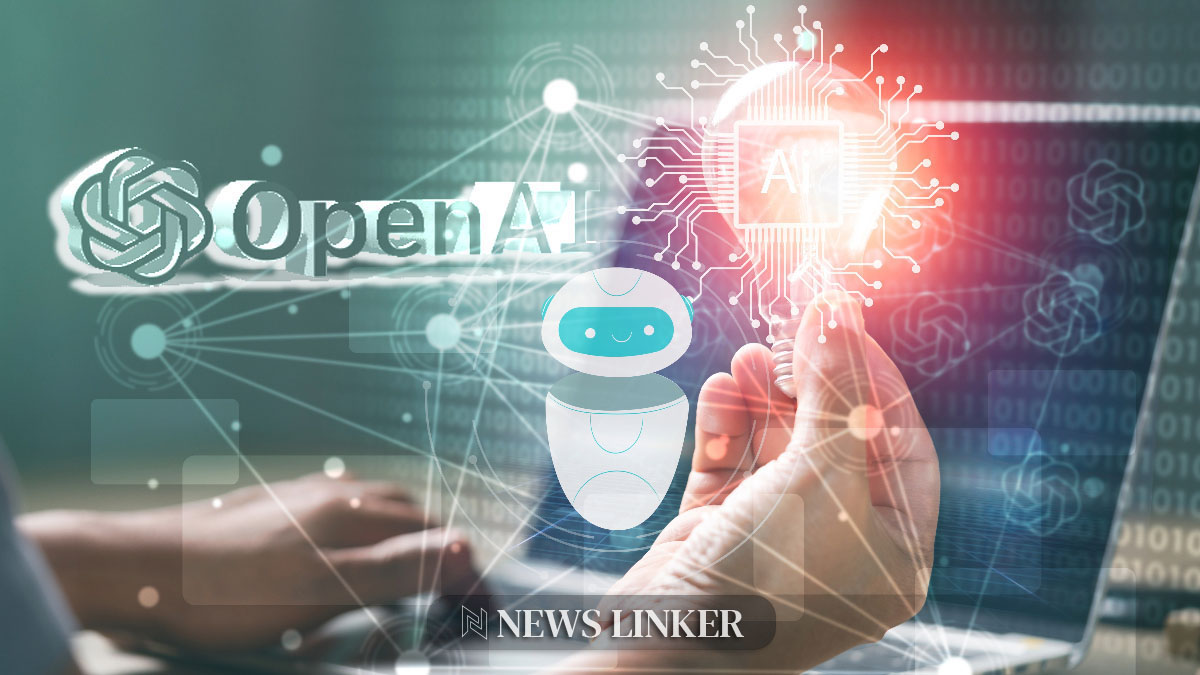OpenAI has recently inaugurated its first-ever Asian branch in Tokyo, marking a significant step towards expanding its global influence in artificial intelligence. By selecting Tokyo, a city renowned for its technological leadership and innovative culture, OpenAI aims to integrate deeply with the local ecosystem. This strategic move is expected to enhance collaboration with Japanese businesses, government, and research entities, tailoring AI solutions to meet Japan’s unique market demands and societal challenges.
The establishment of OpenAI’s Tokyo office aligns with a broader trend of tech expansions in Asia, where local adaptations of global technologies are becoming increasingly crucial. Over the years, numerous technology firms have chosen Japan for its robust tech infrastructure and receptive regulatory environment, making it an ideal location for pioneering advanced AI initiatives. OpenAI’s integration into Japan’s tech landscape is anticipated to foster numerous innovations, particularly in areas grappling with labor shortages and demographic changes.
New Leadership and Local Engagements
To lead its operations in Japan, OpenAI has appointed Tadao Nagasaki as the president of its Tokyo office. Nagasaki’s role will focus on driving commercial success and enhancing market strategies that align with local needs. His leadership is expected to forge significant partnerships and develop a skilled local team to support OpenAI’s operations in global affairs, communications, and other key areas.
Technological Contributions and Local Benefits
OpenAI is introducing a tailored GPT-4 model optimized for the Japanese language, which offers faster performance and greater cost efficiency. This enhanced model is set to revolutionize how local businesses, like Speak, an English learning application, operate by providing quicker and more affordable AI-driven solutions. Moreover, major corporations such as Daikin and Rakuten are utilizing OpenAI’s technologies to streamline operations and enhance productivity across various sectors.
Government Collaboration and Public Services Enhancement
In collaboration with the Japanese government, OpenAI aims to contribute to public policy discussions on AI and support initiatives that align with Japan’s goals for technology and social welfare. Local governments are already adopting OpenAI’s technologies; for instance, Yokosuka City has expanded ChatGPT access to its employees, significantly boosting workplace productivity.
For further insights, articles such as “How Japan Is Pioneering AI Governance” from Engadget and “AI Innovations Drive Change in Japanese Industries” from Asia Tech Review provide comprehensive views on Japan’s AI landscape. These sources highlight Japan’s proactive role in setting AI governance frameworks and the rapid adoption of AI across various Japanese industries, reflecting a dynamic market ripe for OpenAI’s contributions.
Useful Information
- OpenAI’s custom GPT-4 model enhances AI interaction for Japanese users.
- Strategic leadership by Tadao Nagasaki is pivotal for market adaptation.
- OpenAI’s technology aids in solving Japan’s demographic and labor challenges.
As OpenAI extends its reach into Asia through its new Tokyo office, it not only promises enhanced AI tools tailored for Japan but also sets a precedent for future global expansions. This strategic move is poised to create significant economic and social benefits, driving innovations that could address some of Japan’s pressing societal issues, such as rural depopulation and an aging workforce. With its commitment to developing AI that respects human dignity and promotes sustainable societies, OpenAI’s presence in Japan could lead to important advancements in both the technology sector and broader social frameworks.










